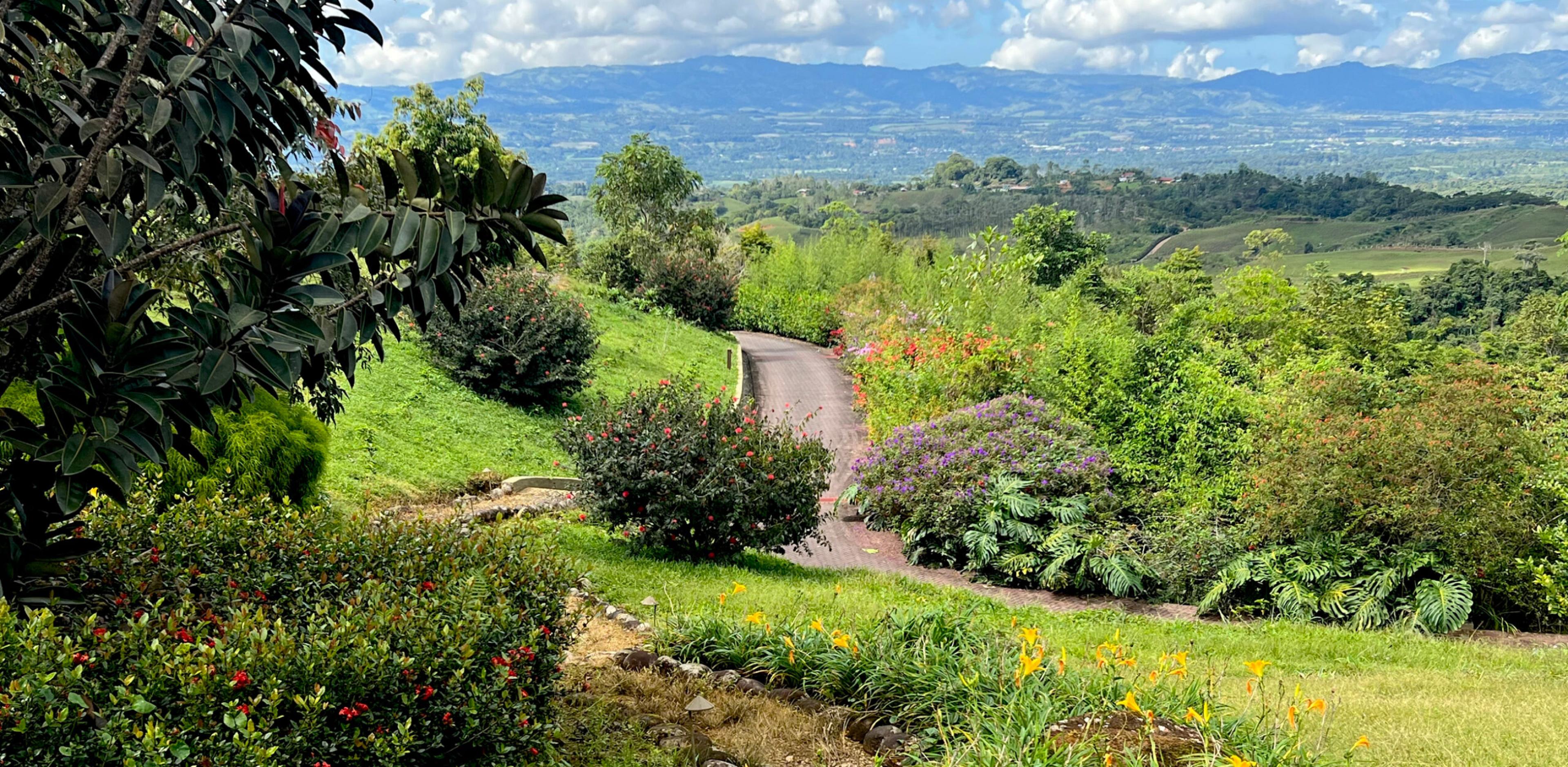Join/
Strategies
Myanmar 101
To visit places on the eve of great change affords a different view. Locals will share their fears and hopes with an unusual urgency that connects you to their land in an especially meaningful way. Myanmar, or Burma, is going through an historic period of change, albeit with tremendous internal conflict, and so the time to visit is now.
Basics
- Language: Burmese, English widely spoken
- Visas: U.S. passport holders must apply for an E-Visa online to visit Myanmar. The visas are usually issued within 3 working days, and are valid for 90 days from the date of issue, permitting a maximum stay of up to 28 days. Tourist eVisas cost $50.
- Currency: Burmese kyat (pronounced chat) and, in some cases, U.S. dollars. There are an increasing number of ATMs in Myanmar, especially in major cities. Still, Indagare advises members bring a few hundred U.S. dollars in crisp bills just in case you have issues finding one. The crisp factor cannot be overstated; if there’s even a slight tear or imperfection, locals will not accept the bill.
- Time Zone: 10.5 hours ahead of EST (9am in New York = 7:30pm in Yangon).
Local Traditions
Thanakha: a yellow paste that’s made from the bark of sandalwood trees and worn by women and children on their faces as s natural sun protector
Longyi: the sarong-like dress worn by both men and women, especially in rural areas of Myanmar. Different ethnic groups have different patterns/styles of weaving. Men and women tie the longyies differently. A lot of Westerners happily adopt this style of dress (extremely practical in tropical weather); it looks better on some than others, especially men.
Betel: the nut of the araca plant, which is chewed by many (men and women) throughout the day. The ubiquitous betel stands throughout Myanmar towns are recognizable by their neatly stacked piles of deep-green leaves.
How to Say: Hello: Mingalabar / Thank you: Jay-zu-Ba
Stay Tips
Choosing your accommodations is an excellent example of how some due diligence is demanded from travelers. Do your research (or ask your travel agent) about hotels that have ties to the government. For example, two of the country’s most well-known hotel chains (Aureum Palace and Myanmar Treasure Resort) are owned by controversial billionaire Tay Za, considered by some a classic bad-guy and military crony and by others as a savvy businessman whose enterprises have created hundreds of jobs. The truth probably lies somewhere in between and shows again that nothing is simple in Myanmar and that the more you know, the more you can choose to support businesses that actually support the locals.
It’s also important to understand that with the recent influx of tourists, the country’s top properties are now often booked months in advance. Especially spots on the Road to Mandalay should be reserved well in advance.
The best hotels and tour operators (including Governor’s Residence, Road to Mandalay) will be involved with social projects, like schools, monasteries, orphanages and mobile clinics, so ask what you can bring. Children’s books, crayons, notepads etc. are always welcome, especially in rural areas where some teachers have to purchase their own supplies for their students.
Indagare Tip
Vendors hawk products around the country’s most popular sites, including the temples of Bagan (there are official licenses doled out for each temple). The kids are especially astute salespeople, addressing you by name, switching into myriad different languages and generally charming/moving you to purchases.
Many of the young vendors have also figured out a veritable money-making scheme: they will ask you for Western-brand beauty products (mascara, lipstick, perfume), which they in turn can resell for a premium on the black market. The latter practice is discouraged, as is just giving money (this being a Buddhist society, begging is rare but on the rise).
Generally speaking, making market purchases is the way to go, while giving money and randomly doling out Western gifts is not encouraged. If you want to make a financial donation, ask your hotel or tour operator how to give. Oftentimes, they can put you in touch with social projects where you can be sure that your finds get divvied up fairly.
Ethical Travel
The United Nations has condemned Myanmar's actions against its Rohingya population—a Muslim minority living mostly in the north—as a "textbook example of ethnic cleansing." Choosing where to spend your dollars is a personal choice with a direct impact, and at Indagare, we firmly believe that responsible, ethical travel can significantly help individuals living under governments whose policies we disagree with. For us, the benefit of supporting hundreds of local families outweighs the small amount of money going to the government.
Contact Indagare to discuss specific ways your travel to Myanmar can help the country during its ongoing humanitarian crisis.
Plan Your Trip With Us
We only feature hotels that we can vouch for first-hand. At many of them, Indagare members receive special amenities.
Get In Touch


